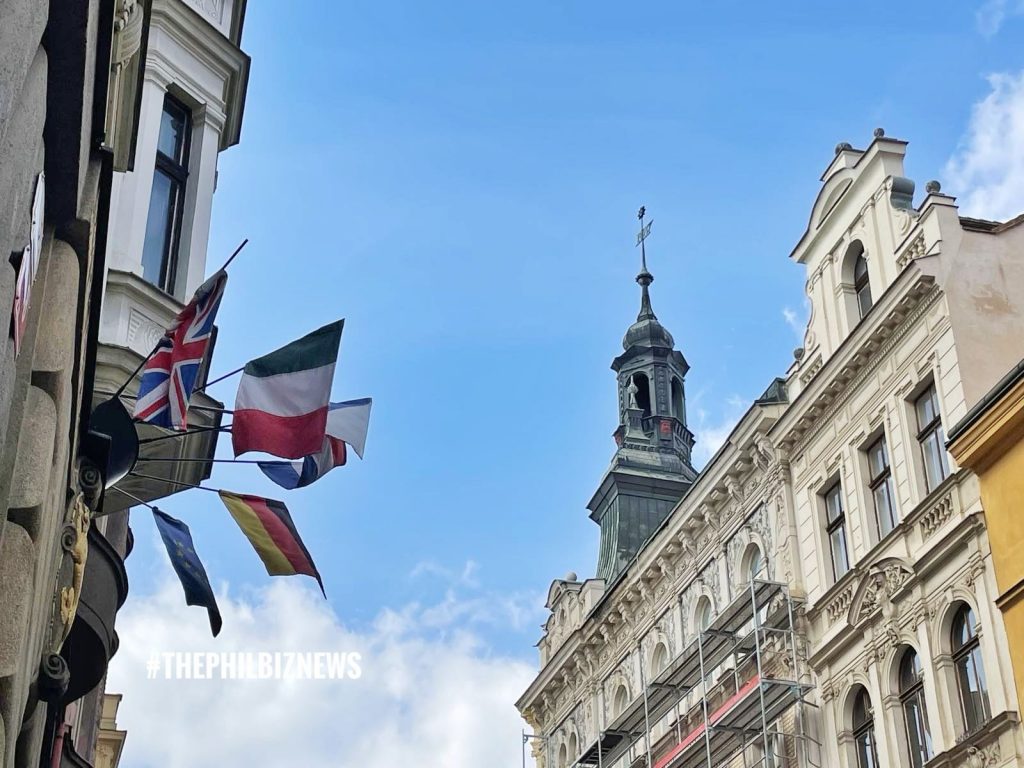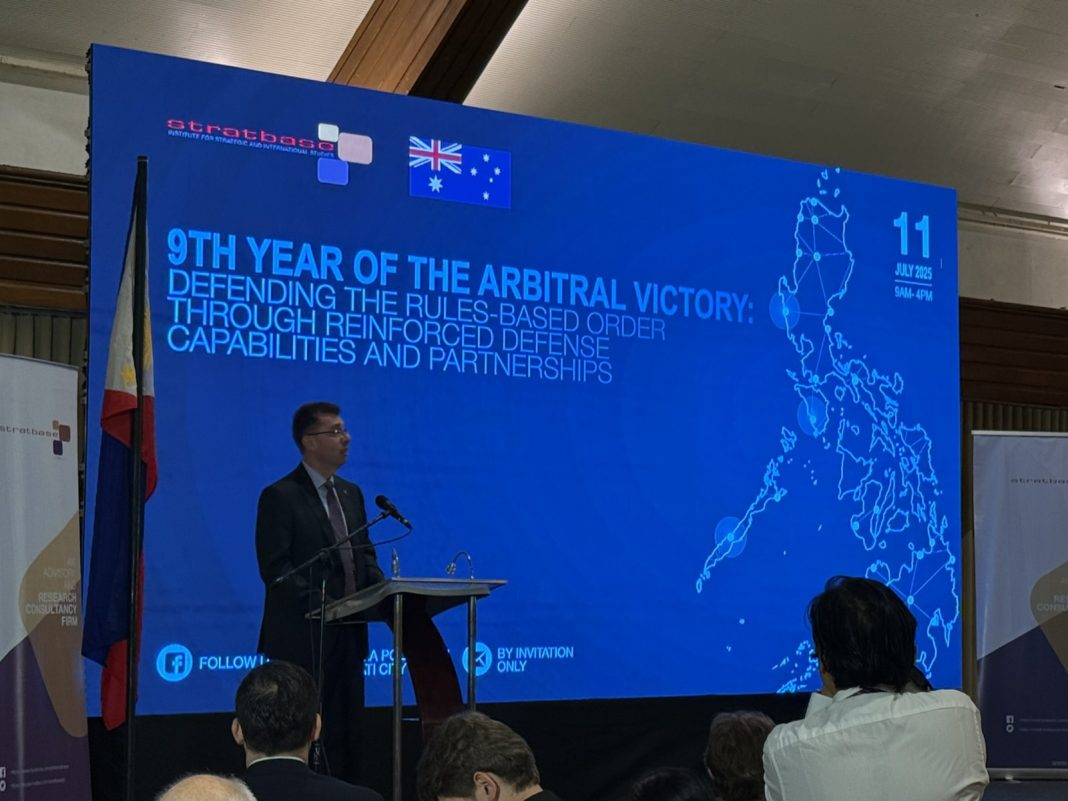By Monsi Serrano
The European Union (EU) and the Philippines are poised to launch a new Security and Defence Dialogue by the end of 2025, a landmark initiative aimed at deepening cooperation amid growing regional tensions, particularly in the South China Sea.
EU Ambassador to the Philippines Massimo Santoro made the announcement in a recent address marking the anniversary of the 2016 arbitral ruling on the South China Sea, calling the dialogue a “dedicated platform” to strengthen collaboration on key security issues including maritime safety, cybersecurity, hybrid threats, and foreign information manipulation and interference (FIMI).
“The dialogue addresses current geopolitical challenges and will foster exchanges and cooperation in security and defense areas,” Santoro said.
While the new security dialogue marks a major step forward, it comes atop two decades of EU engagement in the Philippines on peacebuilding and security, most notably in Mindanao and the West Philippine Sea.
The EU has been a steadfast supporter of the peace process in Mindanao, where ongoing projects amounting to €140 million (roughly ₱9 billion) are helping to facilitate political settlement and socio-economic recovery in conflict-affected areas. This internal stabilization, Santoro emphasized, is vital in allowing the Philippines to “rebalance” its resources toward strengthening external defense.

“The EU may be seen as a ‘non-traditional’ partner, but we are not a new security actor,” he noted. “Our support to the Philippines and the wider Indo-Pacific is comprehensive and strategic.”
“While being considered as a ‘non-traditional’ security partner for the Philippines, the European Union is not a new security actor in the Philippines, South East Asia and the wider Indo-Pacific,” he said.
Maritime security and strategic trade routes
With about 38% of EU imports and 22% of exports passing through the South China Sea, the region is a vital artery for European trade.
Santoro reiterated the EU’s firm position that all maritime disputes must be resolved peacefully, and underscored support for a legally binding Code of Conduct in the South China Sea that adheres to international law and does not prejudice the rights of third parties.
“Our compass is very clear,” he said, referring to the UN Charter and international law. “The EU has also consistently reaffirmed the importance of maritime safety and security, freedom of navigation and overflight, and other lawful uses of the seas, in accordance with UNCLOS,” or the United Nations Convention on the Law of the Sea.

The EU’s commitment to Philippine maritime and security capabilities is further reinforced through regional initiatives such as CRIMARIO (Critical Maritime Routes Indo-Pacific) and ESIWA+ (Enhancing Security Cooperation In and With Asia and the Indo-Pacific).
Under CRIMARIO, the EU has provided extensive training on the IORIS platform—a secure maritime coordination tool now in use by 12 Philippine maritime agencies. This platform helps detect illegal activities at sea, from drug trafficking and piracy to unregulated fishing, while improving inter-agency communication and operational response.
Meanwhile, the Philippines’ inclusion in ESIWA+ has opened doors to joint training on cutting-edge challenges such as unmanned underwater vehicles, space and cybersecurity, sanctions enforcement at sea, and protection of critical maritime infrastructure — a growing concern both in the EU and the Philippines.
Just last week, Manila hosted an ESIWA+ event focused on safeguarding critical infrastructure, emphasizing the vulnerability of undersea cables, ports, and energy hubs to both physical and cyber threats.
At the same time, Santoro was careful to clarify that the EU’s expanded presence in the region is not directed against any particular country.
“This enhanced security cooperation…is not a threat to anyone,” he said. “Everyone benefits from a world that is more stable and peaceful.”














